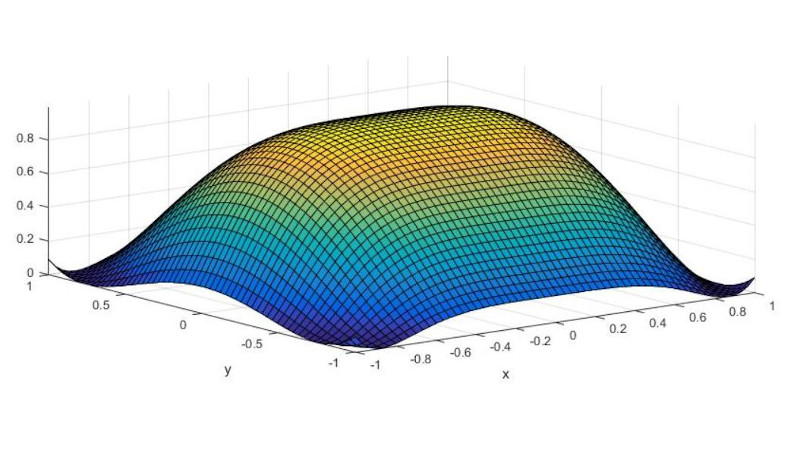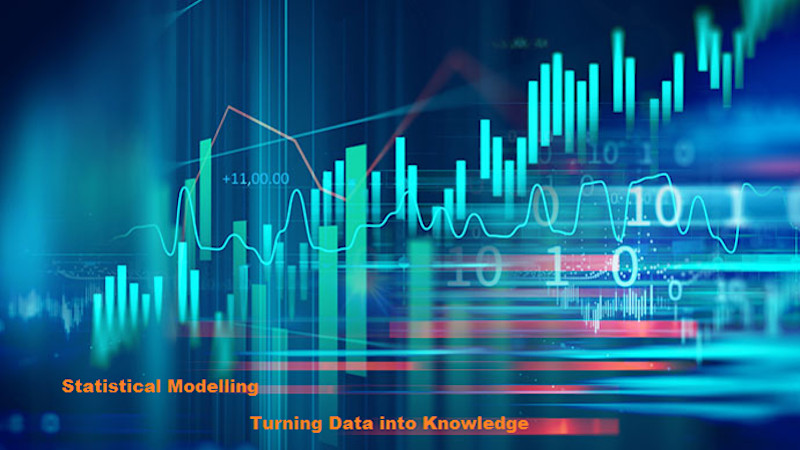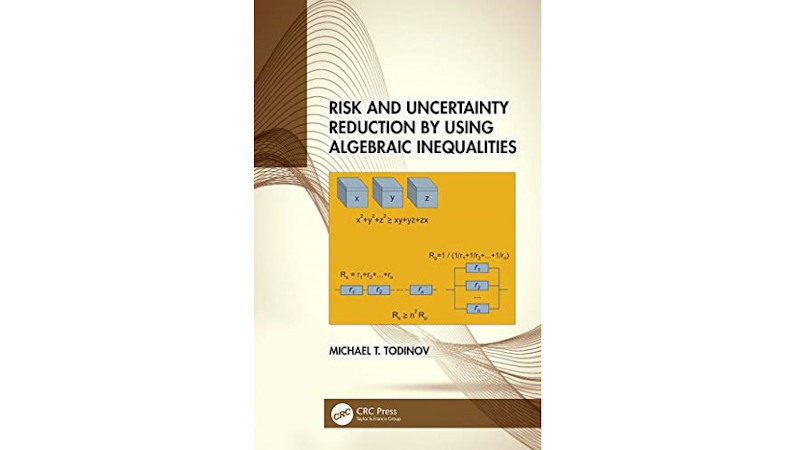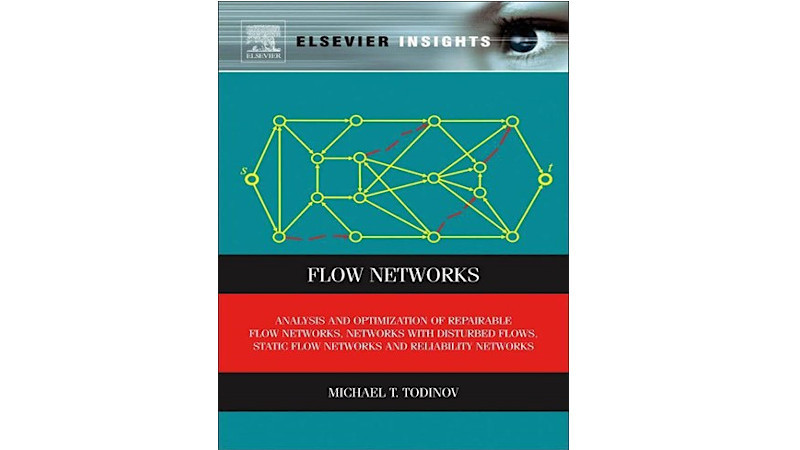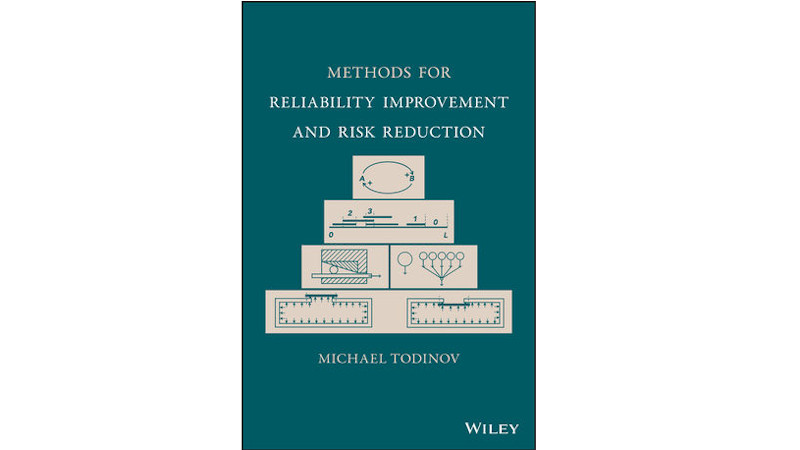Advanced statistical modelling involving medical data and engineering data
- Generating new knowledge and optimising systems/processes using algebraic inequalities
- Scheduling using queuing theory
- Artificial Intelligence and Simulation Techniques; Monte Carlo simulation
- Modelling repairable flow networks and stochastic networks
- Control and Automation; Control and optimising complex systems
- Methods for improving reliability and reducing risk by using domain-independent methods
- Renewable energy systems and storage
- Statistical Genetics, Unsupervised learning, Evidence synthesis
- Advanced solar thermal systems
- Thermal management of battery packs
- The application of topological methods to data analysis
- Applications of abstract algebra
